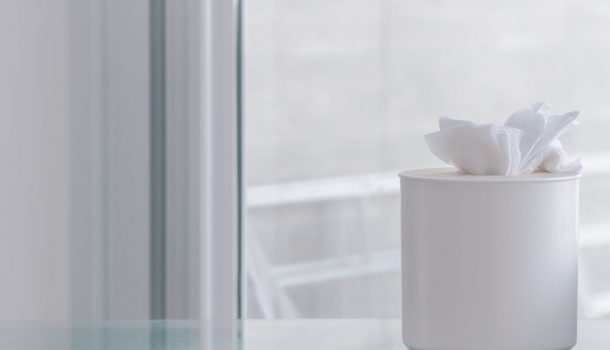More than 50 million people in the United States have seasonal allergies, according to the American College of Allergy, Asthma and Immunology.
The most common cause of fall allergies is ragweed, a plant that grows wild and thrives in the Midwest. Ragweed blooms and releases pollen from August to November, or until the first hard frost. One plant can produce up to one billion grains of pollen each season and grains can travel hundreds of miles in the wind.

Dr. Dylan Timberlake, a Prevea Health allergist and immunologist says knowing what pollens you are allergic to may help predict when symptoms may worsen. Although itching, sneezing and a runny nose can be uncomfortable, he says there are several effective over-the-counter allergy medications to help relieve symptoms.
“Antihistamines are the most common to help stop sneezing, sniffling and itching and decongestants help relieve stuffiness,” he says. “It’s important to talk with your doctor about which medications are right for you, especially if you are a first-time allergy sufferer.”
Dr. Timberlake also says it’s important to begin allergy medications before symptoms peak if you have a history of allergies.
Other ways to manage pollen allergy symptoms may include:
- Avoid outdoor activities in the morning when the pollen count is usually highest
- Stay indoors with doors and windows closed when pollen is at its peak or on windy days
- Wipe pets down with a damp cloth when they come in from outside
- Rinse your nose with saline solution or use a Neti pot to wash away pollen particles
Mold is another common fall allergy trigger because its spores grow well in outdoor wet spots such as piles of leaves or landscaping mulch.
Ways to manage mold allergy symptoms may include:
- Use a dehumidifier to keep your indoor humidity level between 35% and 50%, and clean the humidifier regularly to prevent mold growth
- Use the exhaust fan in bathrooms to remove excess moisture
- Clean refrigerator drip pans and the dishwasher regularly, especially the door seal or gasket of the dishwasher
- Clean mold and mildew with a water and bleach solution; wear gloves, eye protection, long sleeves and an N95 mask


